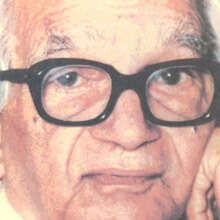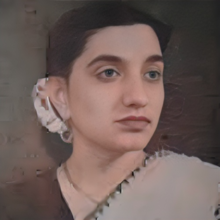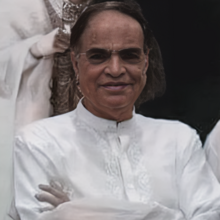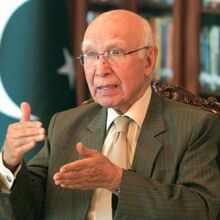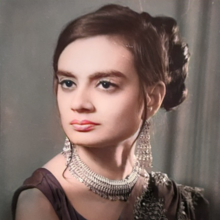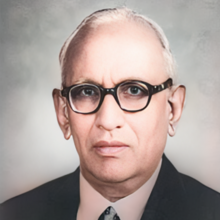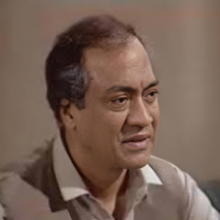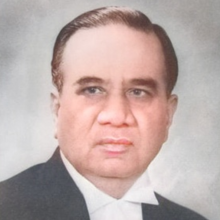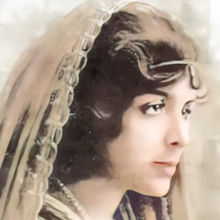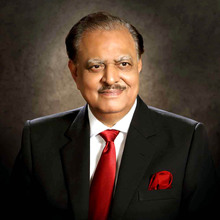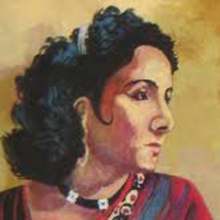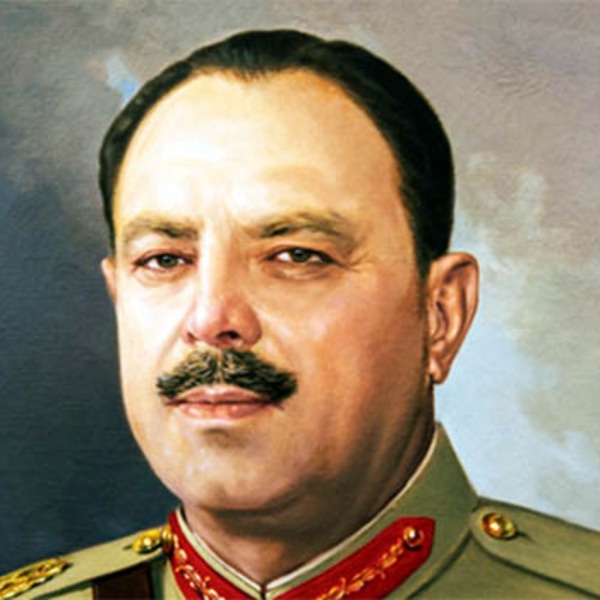
Personal
Other names:
Muhammad Ayub Khan
Job / Known for:
Second President and Chief Martial Law
Left traces:
Basic Democracies, Islamic Summit Conference
Born
Date:
1907-05-14
Location:
PK
Rehana, North-West Frontier (Khyber Pakhtunkhwa,)
Died
Date:
1974-04-19 (aged 67)
Resting place:
PK
Rehana, Haripur, Khyber Pakhtunkhwa
Death Cause:
Heart failure
Family
Spouse:
Begum Ayub Khan
Children:
Gohar Ayub Khan, Tahir Ayub Khan, Nasir Ayub Khan, Akhtar Ayub Khan, Naseem Akhtar
Parent(s):
Shah Nawaz Khan and Khursheed Begum
QR Code:
 My QR code:
Field Marshal Ayub Khan
https://DearGone.com/13263
My QR code:
Field Marshal Ayub Khan
https://DearGone.com/13263
Key Ownner:
Not yet supported by key owner
Show More
Rank
Users ranking to :
Thanks, you rate star
Ranking
5.0
1
Fullname
Field Marshal Ayub Khan
Slogan
The people of Pakistan are the source of power.
About me / Bio:
Show More
Article for Field Marshal Ayub Khan
Died profile like Field Marshal Ayub Khan
Comments:
